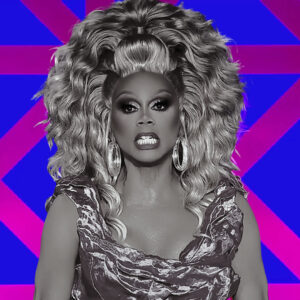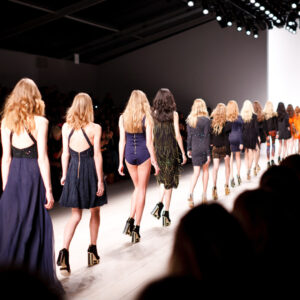As we enter a new year, many of us are reflecting on the one we’ve left behind – its highs and lows, triumphs and losses, the people we’ve been and the people we want to be. It’s the time of year when looking inside ourselves is expected. It’s both tinted with nostalgia and shiny with hope; we wait every year for the chance to gather our thoughts, learn from our mistakes and reset for the year ahead. But why is it that we wait each year for our chance to be better?
Asking yourself where you are deficient and then being brutally honest about the answer isn’t easy. I too know the blissful ignorance of dodging that voice inside my head telling me to do better, but what if dodging it means hurting someone, or even whole populations of people? Would you make a change, or simply express indignance because you never meant to hurt anyone? Maybe it’s time we set some new goals for 2022, to be better feminists and better antiracists, and to accept that the two are inextricably bound together.
When we think of racism we often think of overt racism, such as the use of racial slurs or violence directed at certain ethnic groups, and whilst this type of racism very much still exists, the most common way that racism is expressed today is much subtler and harder to detect. An example of this, and a term most of you have likely heard, is microaggressions. Microaggressions are daily “verbal, behavioural, and environmental slights and indignities” directed at members of oppressed groups. They often go unnoticed due to their subtlety, but their impacts on those who endure them daily are incredibly harmful.
So why then aren’t these experiences more frequently voiced or fought against? Emotions can be tools for change, but they can also be weapons and Black women often experience the very height of this issue. Being placed at the intersection of racism and sexism, Black women’s experiences are unique from both white women’s and Black men’s, but simultaneously their oppression is often overlooked within feminist and antiracist agendas in favour of these two groups.
“Is that your real hair?”; “can I touch it?” (or touching without permission); “you’re so well spoken”; “you sound white”; “you’re pretty for a Black girl” – these are just some of the uniquely gendered and racialised microaggressions experienced by Black women, and they are rife.
But to challenge oppression as a Black woman is to risk being further cornered into the ‘angry Black woman’ stereotype.
Throughout history, Black women have consistently been painted as threatening, loud and disagreeable, with devastating impacts on quality of life and relationships, access to opportunity and even physical wellbeing. In fact, being ‘tone policed’ is a common microaggression experienced by Black women, a tactic used to silence their voices, particularly in professional spaces. The fear of being viewed as overly sensitive or confrontational can often stop Black women from voicing their entirely appropriate reactions of anger and sadness to the microaggressions they can experience daily.
This fear can lead to silence, meaning microaggressions frequently go unchallenged, feeding into their normalization and an uninterrupted cycle of dangerous and harmful oppression.
Fear of being boxed into this racist stereotype however is not the only factor allowing microaggressions to prevail – when the silence is broken a whole new set of obstacles arise. Challenges to microaggressions are frequently met by the weaponising of emotions by perpetrators that hinder and devalue anger as a legitimate response and tool for creating political awareness and action. This is often the response of white feminists, i.e., feminists that focus exclusively on the struggles of white women. In response to antiracist challenges, white feminists tend to respond with anger and tears, claiming innocence and expressing empathy in order to protect themselves against criticism.
But why is this so damaging? Firstly, to react to challenges against prejudice with guilt and defensiveness, as if they were character attacks, serves only to draw attention away from the victim and from issues such as racism as structural and systemic rather than personal, and ultimately protects changelessness. Second, the expression of empathy by relating the grievances back to your own experiences (for example, “I’m a woman so I know what you’re going through”), risks obscuring your own role in creating and upholding racialised hierarchies and reinforces them by invalidating their experiences and assuming empathy is an adequate response to tackle such hierarchies. Lastly, this response further exposes racial hierarchies, by demonstrating that tears and anger are only acceptable when coming from certain bodies.
If you cry, stomp your feet and proclaim innocence when your mistakes are highlighted, your reproduction of marginality, of racism, then your goal was never to help erode the hierarchy but only to absolve yourself of blame within it, to preserve your own morality and absolve yourself of the responsibility to create change.
So what can you do?
Listen for the sake of hearing and changing – don’t take up space performing empathy. Recognise and use the tools your privilege affords you, because they are of much more use and are much less damaging than your tears. Take accountability for your actions and keep asking yourself how you’re impacting others and how you can do better. It might feel uncomfortable, but that’s no excuse to shy away from it. Change often is uncomfortable and accepting your own privilege and complicity in oppression even more unsettling – but it should be, and it’s urgently necessary. Most importantly, make physical and emotional space for Black women and all the anger and hurt that comes with them, all the anger and hurt that they are entitled to.














